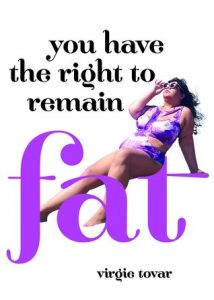(Posted on behalf Sierra) Through these turbulent times, it’s difficult to unplug from the news circuit and prioritize mental well-being. The COVID-19 pandemic has left many of us with barren schedules and feelings of anxiety. I myself have been very tempted to close the curtains and withdraw into the comforts of my bed, drowning all worries in Netflix and true crime – a temptation I regularly succumb to (not to brag, but I finished streaming Tiger King in two and a half days). However, soon after this nation-wide shutdown began, I made a decision to take advantage of the rare opportunity that’s come with this devastating crisis: free time.
Big-top Bonanza
I’ve never had so much of it! Maybe in elementary school when summer vacation promised limitless fun and presented me with Phineas and Ferb’s “annual problem”: “finding a good way to spend it”. Except, this isn’t a vacation, and leaving our homes isn’t a viable option at the moment, so that rules out both fighting a mummy and climbing up the Eiffel Tower. Alas, in search of a solo indoor activity, I turned to Coursera.
Coursera is an online learning platform, founded by Stanford professors. The website has free online modules and certifications from internationally acclaimed universities. It’s a tome of anything you could ever want to learn! If I’m being honest, it was a bit daunting at first: did I want to study Italian? Graphic Design? Water Supply and Sanitation Policy? The world was my digital oyster!
 In the
In the 